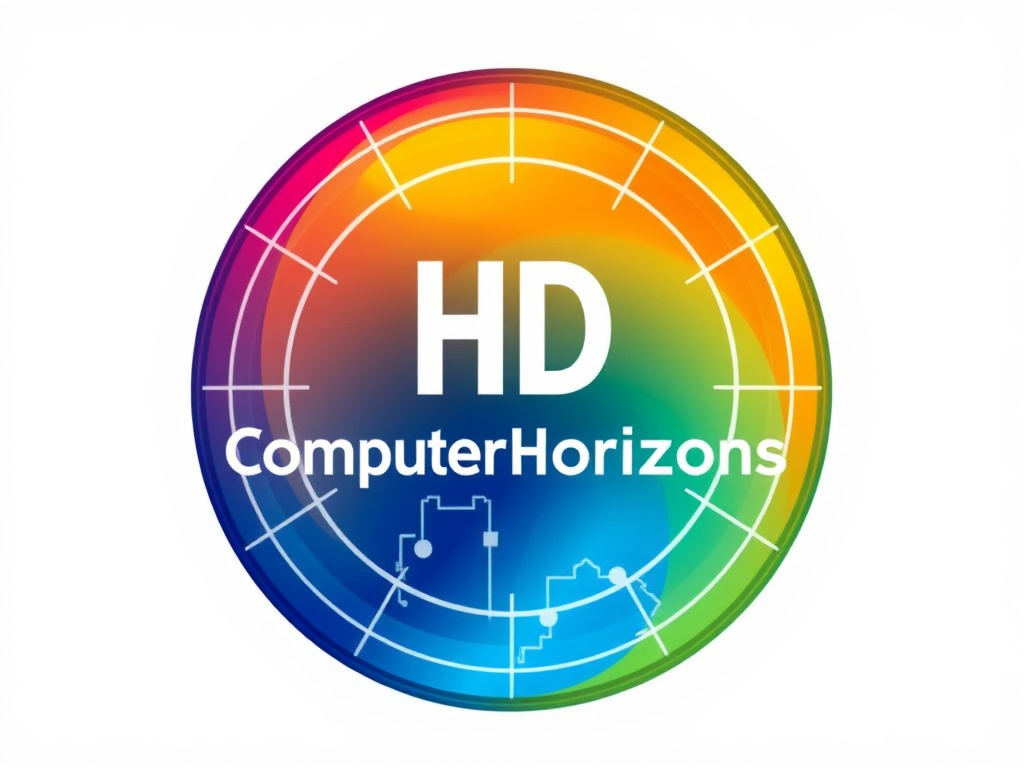Overview of Current Educational Trends in Computing within UK Schools
Current computing education trends in the UK showcase notable updates to the curriculum emphasizing essential 21st-century skills. The latest reforms prioritize computational thinking and digital literacy, equipping students with foundational abilities to analyze problems and understand digital systems. These skills are increasingly woven into classroom activities to ensure students develop fluency in both coding and problem-solving approaches early on.
Policy changes reflect a holistic view of computing, moving beyond solely technical skills to include ethical considerations and digital citizenship. This aligns with the broader computing education goal of preparing learners for a technology-driven world.
Also to discover : What Are the Implications of Emerging Technologies on the UK Computing Landscape?
Cross-disciplinary integration is a significant aspect of current trends in the UK computing curriculum. Schools are embedding computing concepts within subjects like science, mathematics, and even the arts. This encourages students to see computing as a versatile tool applicable in various contexts, enhancing engagement and relevance.
In summary, the evolving overview of computing education in UK schools reflects a balanced focus on skill acquisition, digital responsibility, and interdisciplinary applications, aiming to cultivate well-rounded, future-ready students.
Also to see : How is the UK addressing digital inclusivity in tech?
Innovations in Teaching Methodologies for Computing
Innovative computing teaching in the UK increasingly embraces project-based and experiential learning. This approach encourages active participation, allowing students to engage deeply by building real projects rather than just theoretical exercises. By grounding lessons in hands-on activities, educators foster a sense of ownership and practical understanding.
In addition, computing pedagogy UK emphasizes collaborative and peer-learning strategies. Group work not only promotes teamwork but helps students learn from each other’s perspectives, strengthening their grasp of complex computing concepts. This method mirrors real-world environments where collaboration is essential.
The inclusion of real-world problem solving and coding exercises forms a core part of these methodologies. Teachers often design tasks that simulate genuine challenges, sharpening students’ computational thinking while reinforcing digital literacy skills. This trend ensures lessons remain relevant and motivates students by connecting computing education to everyday technology use.
Together, these techniques form a dynamic framework that moves beyond rote learning, positioning students for success in a rapidly evolving digital landscape. Innovative computing teaching integrates practical experience, social learning, and meaningful exercises essential for building modern computing competencies.
Integration of Advanced Technology in UK School Computing Programs
The technology in computing education UK is evolving rapidly, with schools increasingly incorporating cutting-edge digital tools to enrich learning. One clear example is the integration of artificial intelligence (AI) and machine learning concepts into secondary education curricula. These topics introduce students to foundational ideas driving today’s tech innovations, fostering early familiarity with complex systems.
Another key element is the use of virtual reality (VR) and augmented reality (AR) tools in the computing classroom. These immersive technologies create engaging, interactive experiences, helping students visualize abstract computing principles and explore environments otherwise unavailable. Such technologies not only boost motivation but deepen conceptual understanding through experiential learning.
Access to cloud computing platforms and coding software has also expanded. Cloud-based tools ensure students can collaborate seamlessly, work on projects remotely, and apply programming skills in realistic scenarios. This convenience supports differentiated learning styles and technological fluency, vital components of current computing education trends UK.
Overall, the increased emphasis on computing classroom technology equips students with familiarity and agility in emerging tech fields, aligning education more closely with industry needs and future workforce demands.
Development of Key Computing Skills among Students
In the UK, computing skills development prioritizes introducing programming languages like Python and JavaScript at earlier stages. This early exposure helps students build a strong foundation in coding, enabling smoother progression to more complex concepts. UK schools recognize that fostering coding skills early boosts confidence and encourages continued interest in technology fields.
Beyond programming, emphasis is placed on enhancing problem-solving, logical reasoning, and critical thinking. Computing tasks are deliberately designed to challenge these abilities, integrating scenarios where students must analyze and create solutions. This approach aligns well with broader educational goals, nurturing adaptable thinkers prepared for diverse challenges.
Another crucial area is cybersecurity education and digital citizenship. Students learn to recognize online risks and practice responsible behavior, essential skills in today’s interconnected world. This dual focus ensures learners not only understand how to code but also appreciate ethical and safe technology use.
This comprehensive emphasis on skill-building results in well-rounded students equipped with practical capabilities and thoughtful awareness—key outcomes in the UK’s student skills computing education landscape.
Statistical Insights and Trends in Computing Education
Recent computing education statistics UK reveal a steady increase in student enrollment across computing subjects nationwide. This growth reflects success in adapting the curriculum to be more accessible and engaging for diverse learners. For example, data show rising participation rates among underrepresented groups such as girls and ethnic minorities, encouraged by targeted initiatives promoting inclusivity in STEM fields.
Analysis of performance trends in computing indicates notable improvements following curriculum reforms emphasizing computational thinking and practical coding skills. Standardized assessments reflect higher proficiency levels, particularly in problem-solving and programming tasks. These metrics affirm that current changes within the computing curriculum are effectively enhancing student outcomes.
Moreover, the UK’s computing education statistics highlight disparities that still require attention, such as regional variations in achievement and participation. Addressing these disparities is critical for ensuring equitable access to computing education nationwide.
In summary, computing enrollment data and performance trends underscore positive momentum in computing education in the UK, driven by curriculum updates and inclusivity efforts. Continuous monitoring of these statistics is essential for guiding future policy decisions and sustaining progress towards broad-based computing literacy.
Perspectives from Educators and Computing Experts
Insights from educators in the UK reveal both enthusiasm and challenges in implementing current computing education trends UK. Teachers emphasize that innovative computing teaching methods, such as project-based learning and collaborative exercises, substantially enhance student engagement and understanding. However, some educators note that adapting to rapid changes in curriculum content requires ongoing professional development to maintain teaching effectiveness.
Expert views computing education widely acknowledge the positive impact of integrating advanced technology in computing education UK. Computing classroom technology like AI concepts and cloud platforms enrich lesson delivery but also demand increased teacher training and resource allocation. Experts advocate for sustained investment in both technology and pedagogy for long-term success.
When asked about future directions, leading educators recommend a balanced approach that couples technical skill-building with ethical and digital citizenship education. This mindset ensures students gain comprehensive computing education aligned with societal needs.
In sum, educator insights computing UK suggest that supporting teachers through training and resources is crucial. Expert analysis highlights that future-proofing computing education depends on embracing both technological advances and innovative teaching strategies to prepare students effectively.
Innovations in Teaching Methodologies for Computing
Innovative computing teaching in the UK centers on project-based and experiential learning, which significantly improves student engagement. By involving students directly in building projects, this hands-on approach makes abstract computing concepts tangible and meaningful. Such methods foster creativity and encourage students to experiment, driving deeper understanding.
Computing pedagogy UK increasingly incorporates collaborative and peer-learning techniques. These strategies not only develop teamwork skills but also enable learners to exchange viewpoints and tackle complex problems together. This mirrors professional environments, preparing students for real-world computing roles.
Real-world problem solving combined with coding exercises is integral to effective computing classroom techniques. Tasks often simulate authentic challenges, reinforcing skills in computational thinking and coding fluency. This keeps lessons relevant and motivates students by connecting studies to practical, everyday technology use.
Together, these teaching methodologies create an active learning environment that nurtures essential skills, such as logical reasoning and adaptability, equipping students for future digital careers while aligning closely with current computing education trends UK.

